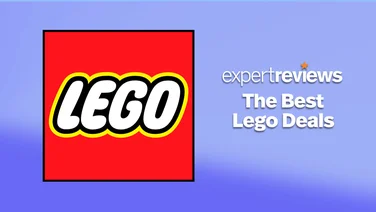To help us provide you with free impartial advice, we may earn a commission if you buy through links on our site. Learn more

I have a problem. I don’t tell anyone about it, because I know they’ll look down on me. The only people who know are my fellow users. And now I’m about to stand up and tell the world.
I’ve been playing Popcap’s Zuma Blitz on Facebook for about a month now. It’s a simple enough game: balls roll down a path towards a well and you have to eliminate them before they reach it. You do this by firing coloured balls to create matched chains of three or more, which then disappear. You have one minute to rack up as many points as possible. A variety of bonuses add to your score and increase your time limit, while power-ups make it easier to gain extra points. The points are important. A weekly leaderboard allows you to compete against others on your friends list, and sometimes the competition feels very real. “Just one more game before bed” can easily turn into twenty minutes when you’re trying to beat your friend’s 270,000 point high score.
It started out as harmless idle curiosity. After all, I’m a Real Gamer ™. What hold could a few brightly coloured pixels without so much as a 3D rendering engine have on me? After four weeks’ play, I’ve already reached the 21st level and earned two bronze medals in my local leaderboard. I keep losing out on the top spots to two of my friends: a teenage prodigy and a Finn with cat-like reflexes. Late at night, I sometimes find myself resenting their skill. Zuma Blitz doesn’t keep track of how much time you’ve spent playing. This is probably good for my peace of mind.
I’d played Facebook games before, inevitably giving up after a couple of weeks of tedious repetitive activity. I still have a dormant Mafia Wars account, because a few friends really would put out a hit on me if I disappeared from their mafias. I removed Farmville approximately three minutes after first giving it access to my account. I block all and any updates about such games using the F.B.Purity browser plugin and definitely don’t post any myself – it’s incredibly gauche to inflict such things on your friends, virtual or otherwise.
So I never publically admit to the trophies I earn in Zuma Blitz. Only other players can see them by checking out my in-game stats. By then, it’s already too late for them.
This is just the leading edge of casual gaming. Social networks have brought high-score charts up to date by allowing you to compete with people you actually know. For every hardcore Left for Dead or Modern Warfare 2 player, there are a dozen casual gamers putting in the odd minute here and there at home or at work.
The games are usually simple – easy to pick up and play, but satisfying to master. Popcap and Zynga are the undisputed champions of casual gaming, but big names in traditional gaming are starting to take an interest. Sid Meyer’s Civilization is coming to Facebook with
[a hre=”http://www.facebook.com/civworld” target=”_blank”]Civ World[/a]
, which is currently in closed alpha testing, while EA’s browser-based Lord of Ultima strategy game has limited Facebook functionality, allowing you to use the Facebook Connect feature to find your friends.
It’s obvious that browser gaming is a very fast-evolving platform, particularly where social networks are concerned. It also means that there are a lot more gamers out there than you’d expect. Without expense of buying dedicated hardware or the laddish connotations of traditional games advertising, these fast, simple and sometimes surprisingly deep time killers are making gamers out of everyone, from your mum to the technologically-challenged bloke at your office who still hasn’t quite got to grips with using subject headers in his emails.





